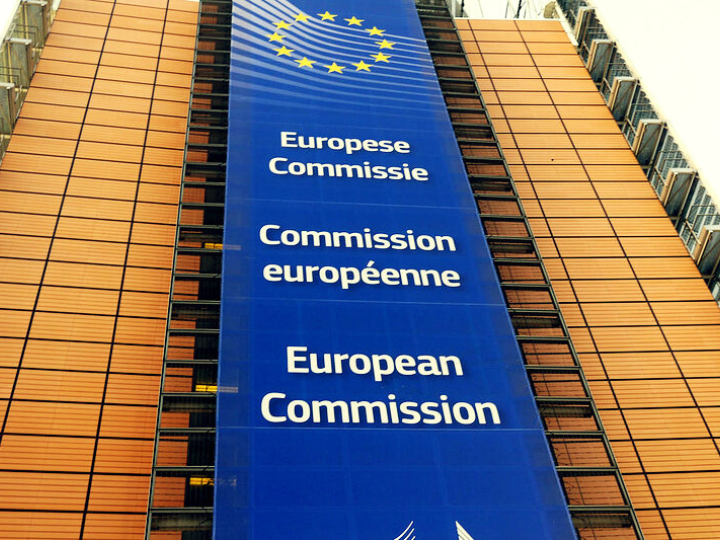by Giles Merritt*
Ursula von der Leyen’s incoming European Commission will face a host of unwelcome challenges once Donald Trump is back in the White House. This need not be undiluted bad news and could instead be cause for rejoicing. An unpredictable and even hostile Trump administration is likely to administer the shock therapy the European Union badly needs.
Europe is trapped in the doldrums and can only escape with the help of strong winds. Trump’s Make America Great Again (MAGA) movement has campaigned on a battle cry of “America first!”, and when that translates into actions, the EU will be forced to react. American isolationism and trade protection have already hardened under President Joe Biden, and now Trump’s return to power threatens a truly aggressive U.S. policy agenda.
How the EU should respond will be hotly and fearfully debated. Western support for Ukraine and the integrity of NATO are at risk, and this will limit Europe’s ability to push back on Trump’s trade barriers and his cosier U.S. relationship with Russia
The EU’s reaction to the Trump win should, in any case, focus more on Europe’s internal problems, rather than on those likely to be created in Washington. The shock waves of the U.S. election result must be harnessed to reforms and a rebranding that the EU and its member governments have so far ducked and dodged. Europe’s reaction to a nationalistic new America must be even closer political and economic integration. If not, EU countries can expect to be picked off one by one.
It won’t be easy to persuade member governments assailed by deepening economic difficulties and weakened by populists’ electoral victories to take tough Eurocentric decisions. The task will fall chiefly to the European Commission, and its hand would be considerably stronger if it were to unveil a radical rethink of itself.
This can’t be done overnight. But while the world digests the Trump victory the EU could launch an open, no-holds-barred discussion of ways to modernise its hidebound and overprivileged staffing and administration, along with the hiving-off of legacy responsibilities like farm policy and the CAP that are 20th century hangovers.
A streamlined EU executive would be much better placed to confront an American loosening of transatlantic bonds. The slew of ideas among policy analysts for improving the Union’s governance short of treaty change already include merging the 15-year-old European External Action Service, the EU’s much-criticised diplomatic service, back into the Commission.
Other possibilities range from centralising, or at least rationalising, the EU’s fifty or so outside agencies; beefing up the European Defence Agency as a genuine motor for the military empowerment of the EU; and giving more weight to Eurozone policymaking and cooperation through stronger intergovernmental mechanisms.
All of these steps could contribute to a louder European voice on the global stage at a time when the new Trump administration will undoubtedly be sapping the unity of ‘the West’. With liberal democracies around the world under increasing pressure from autocracies led by China and Russia, Europe could provide leadership for an enlightened reassessment of international trade and development arrangements. Donald Trump’s ideas of a new rules-based world order are unlikely to be shared by European business and civil society leaders.
The EU will for the next few weeks be fixated on the installation of the new European Commissioners. But rather than quiz them on familiar and well-trodden euro-topics, MEPs should instead explore the incoming team’s thinking on the many policy areas that will be impacted by the new US administration.
The pattern of years past has been for the EU to await developments elsewhere – be it in Washington, Beijing or Jerusalem – and then react. If the cloud of Donald Trump’s return is to have a silver lining, it would be that the EU becomes far more assertive and proactive than it has been of late.
*Founder of Friends of Europe
**first published in: Friendsofeurope.org




 By: N. Peter Kramer
By: N. Peter Kramer

